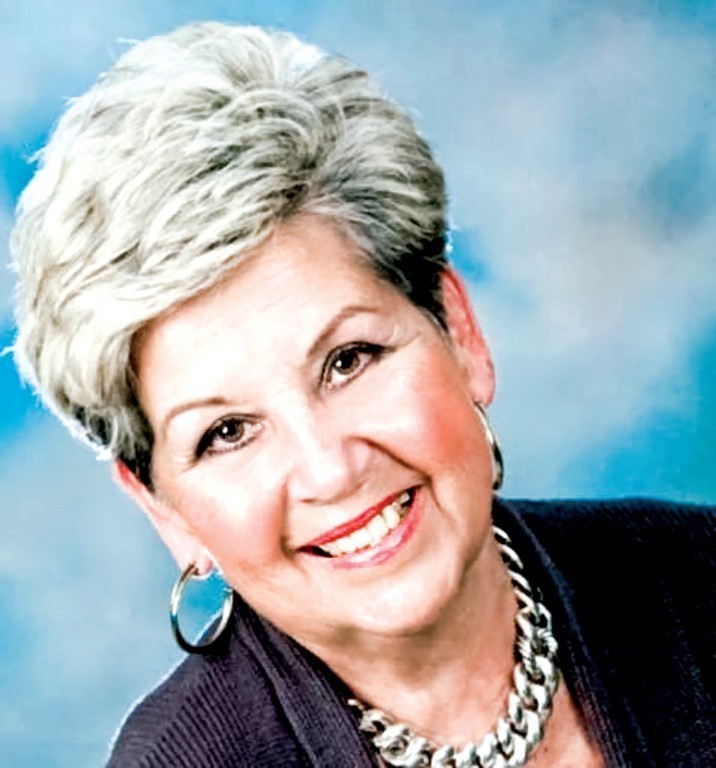‘The main thing is that people need help’
Last week, President Obama announced that, after more than 50 years, the United States would begin to normalize relations with Cuba.
The economic and political ramifications of the decision have yet to be felt, but people have already started to voice their opinions, especially those in the Cuban community.
“I think it’s a good thing,” said Margarita Grasing, the executive director of the Hispanic Brotherhood of Rockville Centre and a Cuban expatriate. “The embargo hasn’t worked. You’re isolating an island because of what? Because they don’t agree politically. Because it’s communist. We have relations with China and Russia. Why not Cuba?”
Grasing, who now lives in Baldwin, fled Cuba in 1961 with her brother, Jose Gonzalez, who now lives in Miami. Grasing and her brother were in Havana during the Bay of Pigs invasion in 1961 — an attempt by the United States to overthrow Castro. After that, Grasing and her brother decided to flee the country.
Grasing was only 18 when they fled. She was one of the last people to graduate from Catholic school. Soon after her graduation, Castro began ousting nuns and priests and shipping them off the island. Grasing said the options for her and her brother were to either flee or join Castro’s militia. She hasn’t been back to Cuba since.
“Neither one of us will ever go back as long as [Castro] is there,” she said. “It’s not really only what you lost, material stuff, it’s that now a lot of the family left Cuba and many of them are dead now. So there’s nothing for me to go there and enjoy.”
During the revolution, Grasing’s family lost a great deal. Her father ran commercial banks, and he lost everything when Castro nationalized the banks.
“When [my brother and I] left in 1961, they wouldn’t let [my father] leave Cuba,” Grasing said. “He stayed until 1966. [My parents] left on a visa to Spain, but as soon as they got there, he got sick and died. My brother and I never got to see him again.”
Despite everything that happened to her and her family, and her dislike of Fidel Castro, Grasing is happy to see the U.S. start to normalize relations with Cuba.
“Why continue penalizing the people on the island?” she said. “You’re not penalizing the people at the top. They get plenty of stuff from Europe. They’ve got plenty of people investing in Cuba from Spain. Why not the United States? We’re only 90 miles away.”
The future of Cuba looks bright, Grasing said. If the embargo is lifted (an action which Congress has to take), then more industry can come into the beleaguered island nation.
“I spent 18 years of my life in Cuba,” said Grasing. “Every big business was in Cuba at that time. I will tell you, if Castro says come, they will be there. And that means jobs, which is what those people there need.
“The main thing is that people need help,” she added, “and I think that this is a great step that Obama took.”






